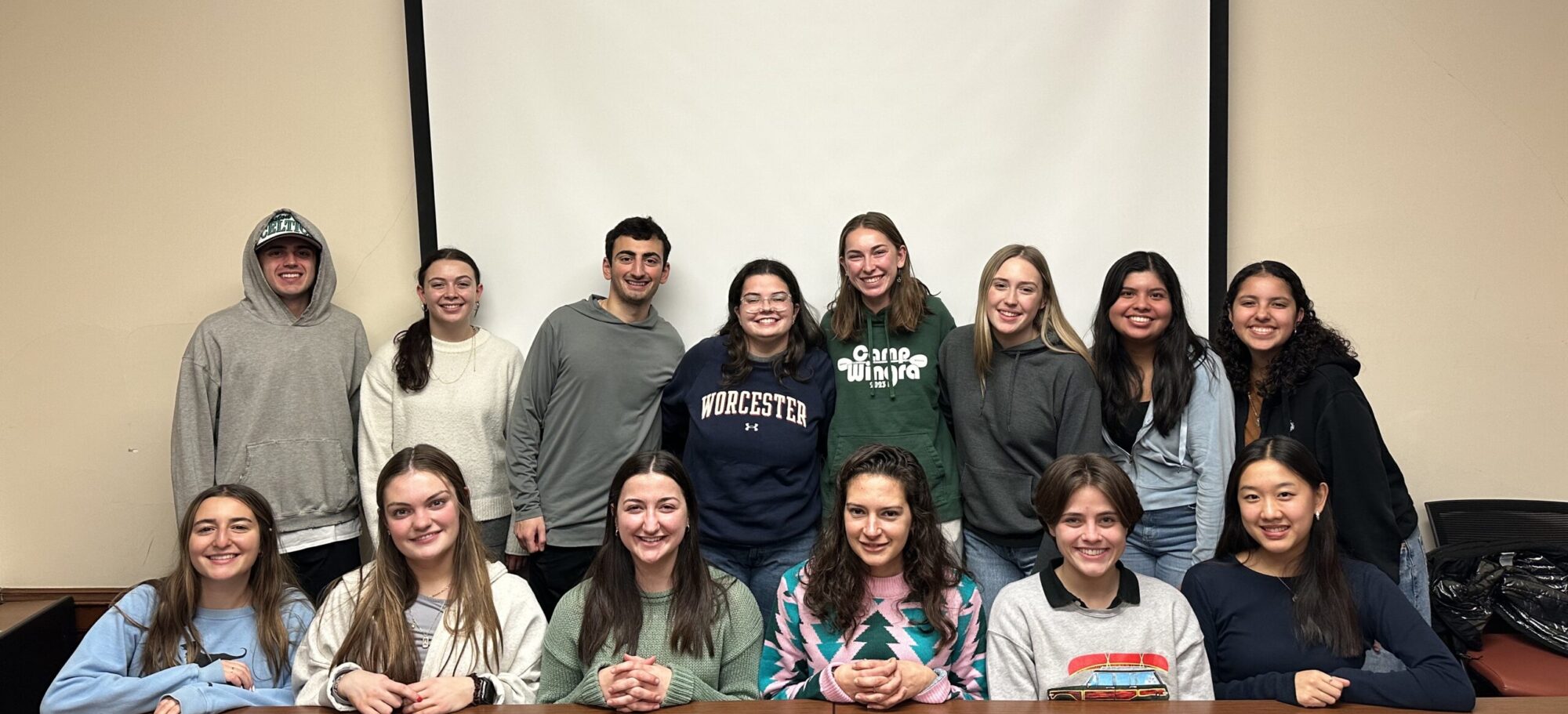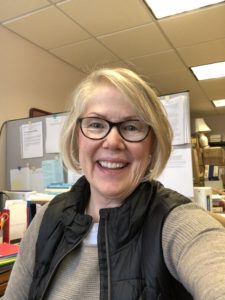As mentioned in my Community-Based Learning (CBL) newsletter highlight, I volunteered with my high school friends to start this organization called Brick City Aid. The organization came to be because COVID-19 has dramatically changed everyone’s lives, particularly vulnerable people such as the homeless community have been more affected. My friends and I started by having zoom meetings to discuss how to turn this small idea into an organization. We all knew we were passionate about social justice issues that impacted our hometown, Newark, NJ. Once we had all of our ideas organized, it was time to raise awareness through social media. We even created a GofundMe account, which was a success for the first of our many distributions.
Engaging in service while also tackling the social justice issues reminded me of Holy Cross’s Jesuit values. The phrase “for and with others” has been something I have gotten to know more at a deeper level. Even though I have volunteered at food banks and clothing drives since high school, since my Montserrat class with Professor Ryan, Exploring Differences, I finally began to understand the true meaning of the “for and with others.” I have learned that there are two components in Community-Based Learning that should always go hand-in-hand. One is service by volunteering at your site. We continuously explore service as part of the surface level that many volunteers end up doing. Service is great, don’t get me wrong, but service should not be the only goal you look forward to attending your CBL site. The second component is understanding the social justice issues at hand. Service and social justice issues should be the “two feet” you walk with and keep your balance. I say this because thinking about social justice leads you to begin to question why CBL is needed in the first place.
This semester, I volunteer at Ascentria Unaccompanied Refugees Minors Program (URMP) through being a CBL Intern.The opportunity to be able to be part of the Worcester community even virtually is a blessing, although tutoring students through Zoom has not been the easiest. I have witnessed firsthand the difficulty it is to connect on the phone rather than a computer. Sometimes, when it comes time for Ascentria students to connect to their wifi, it is unstable to the point where you can’t hear their voices. Even managing the zoom features in English was troublesome at first, as many of them speak Spanish. I can connect with the Ascentria students’ technology experiences because starting of this semester was a troublesome adjustment as the week before school, I had just been in an accident with my friend. For the following days, my mother and sister kept me a priority; however, we all knew I had to leave again because the home environment was not suitable to focus on any assignments. As I moved to Buffalo, NY, I soon realized that I left my computer in my house’s front porch chair. The next two weeks were challenging as I needed to use my phone to join zoom for my classes and meetings. Even submitting homework was limited as there were not that many options accessible through my mobile device. As soon as my computer arrived, I felt relieved that I could finally get more work done.
Despite my own challenges and the challenges Ascentria students face, I have noticed the eagerness and willingness of both Ascentria and Holy Cross students to do their part. I always look forward to spending the afternoon with a student and trying my best to get through most of the homework via the share my screen option on zoom. Through my CBL experience, I have gotten to know students I have not met previously, which has also been fulfilling because learning about who they are is something you can’t exchange time with money.
Returning to the “two feet” mentioned above, I have reflected that Ascentria students and others who are trying to do well in their studies sometimes do not have all the available resources at their fingertips. Knowing this, I want to make a difference by applying for the Marshall Memorial Fund in the future through the Donalen Office.



